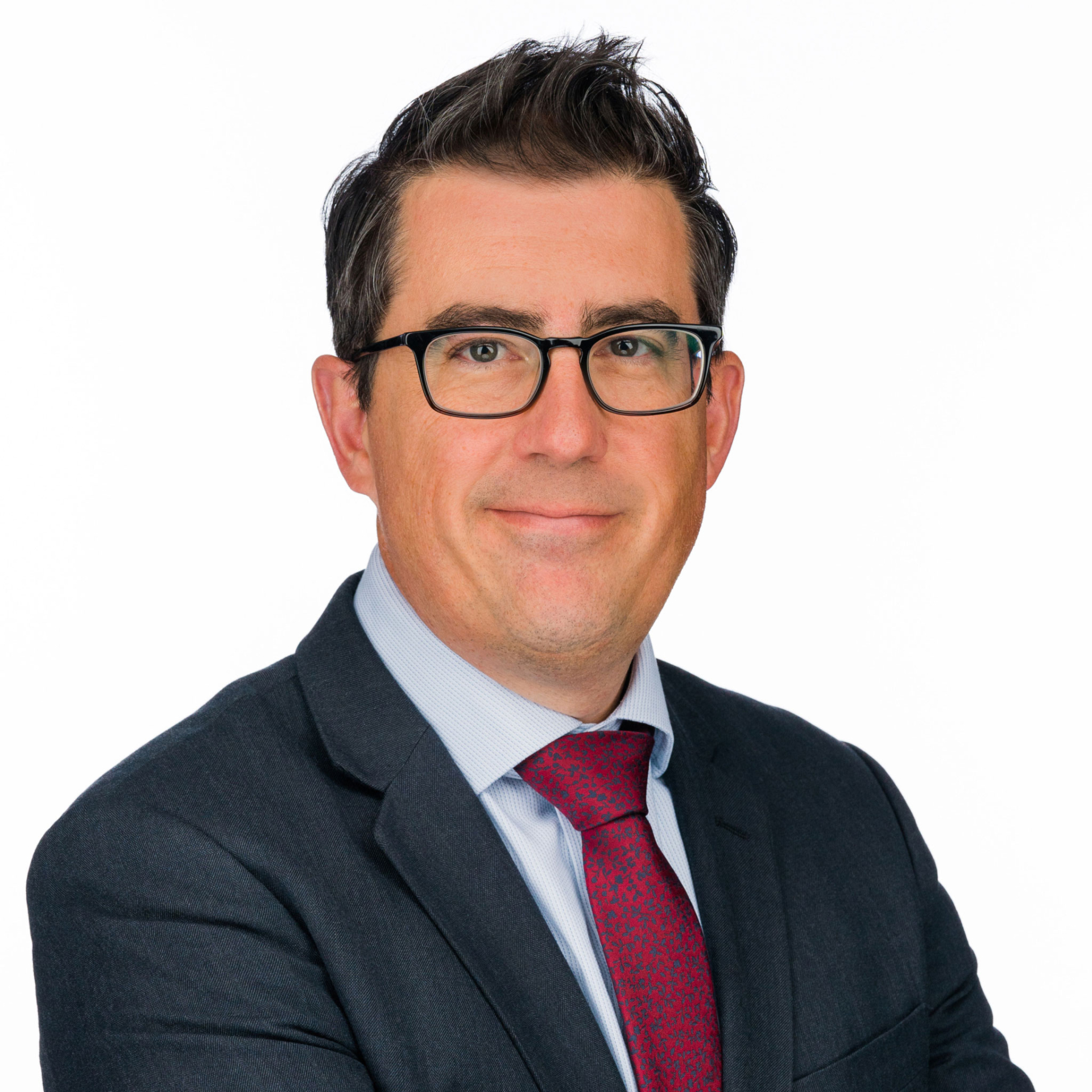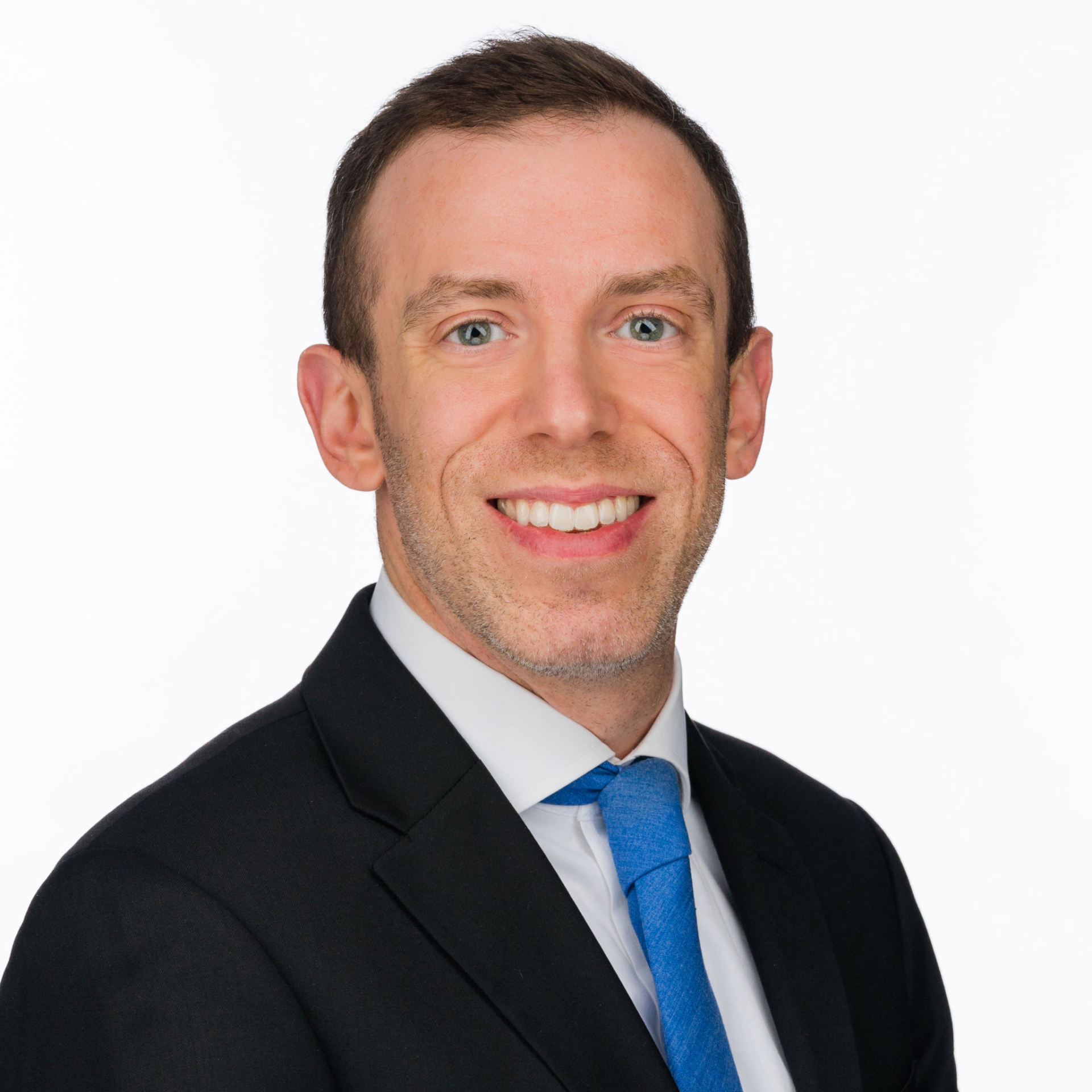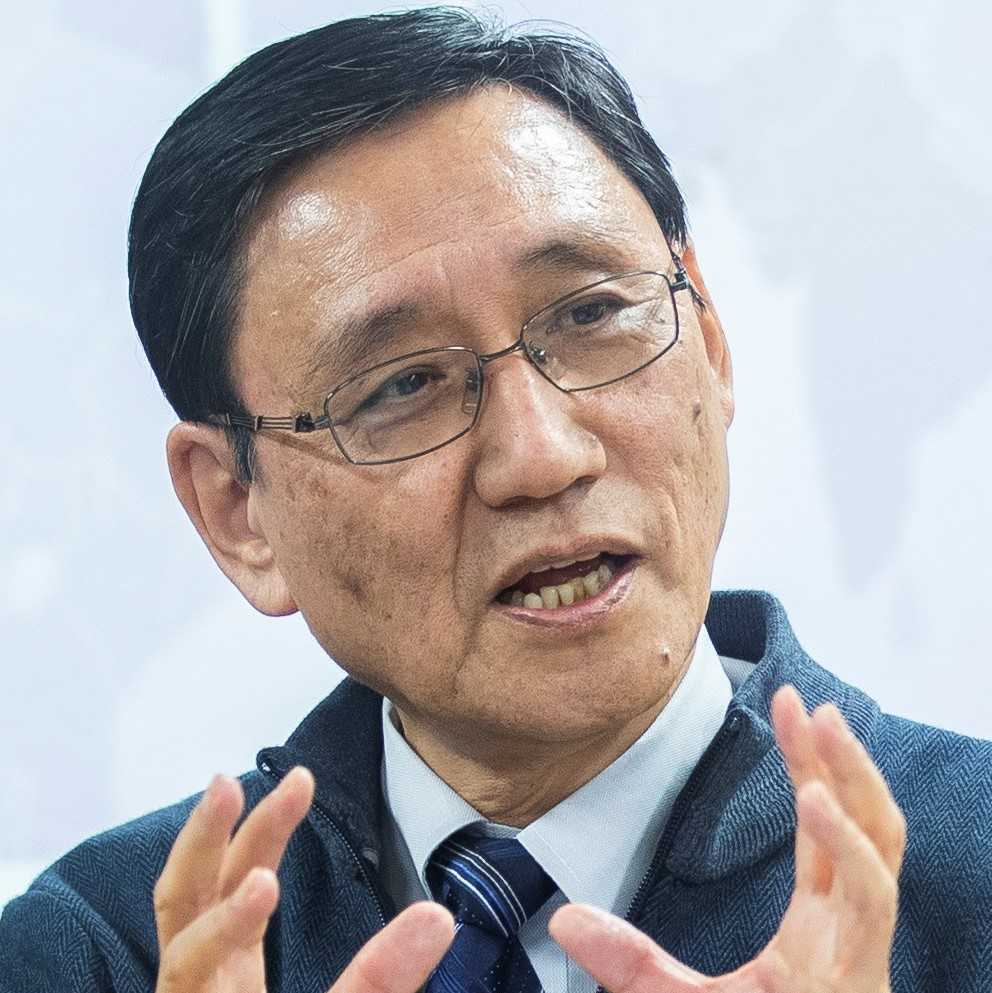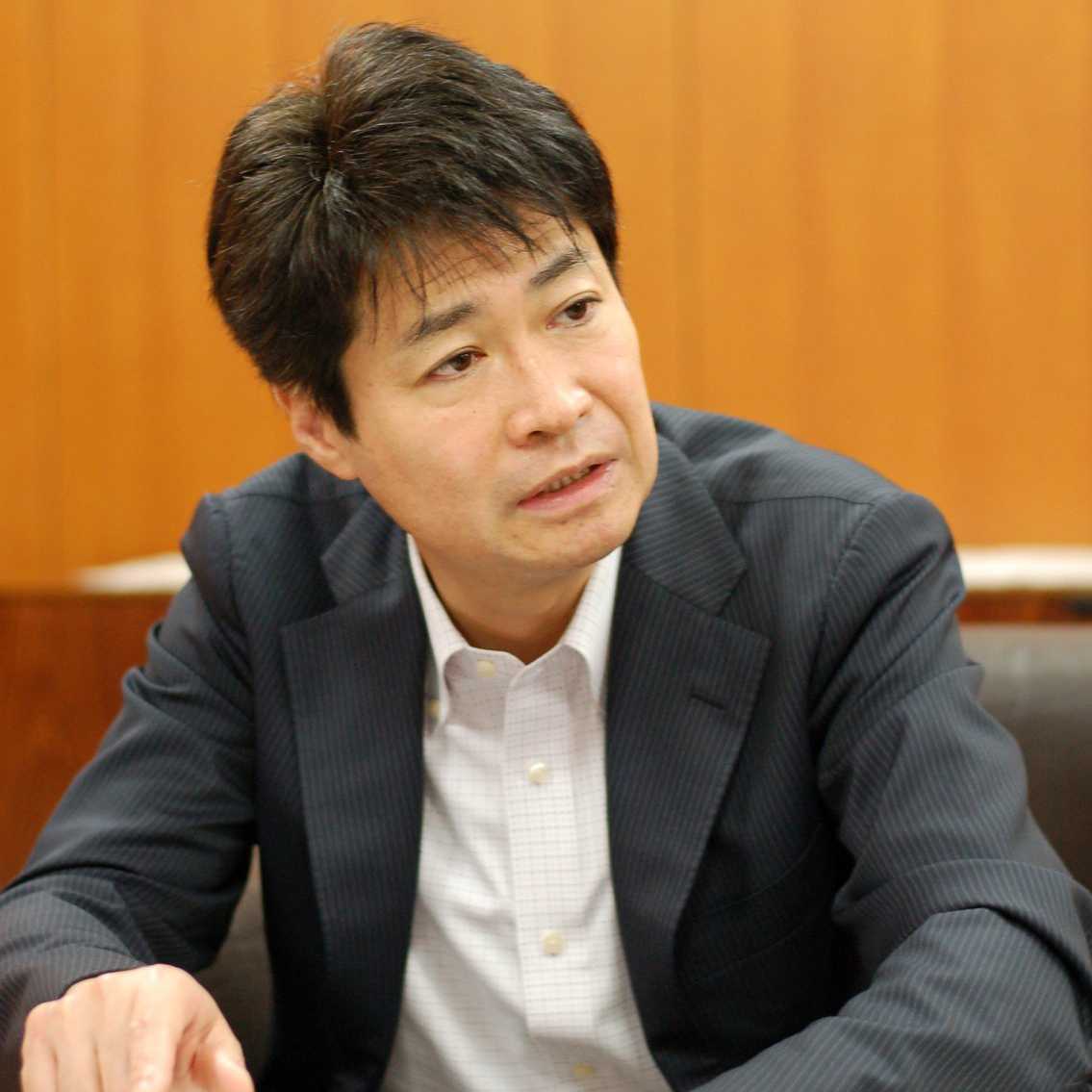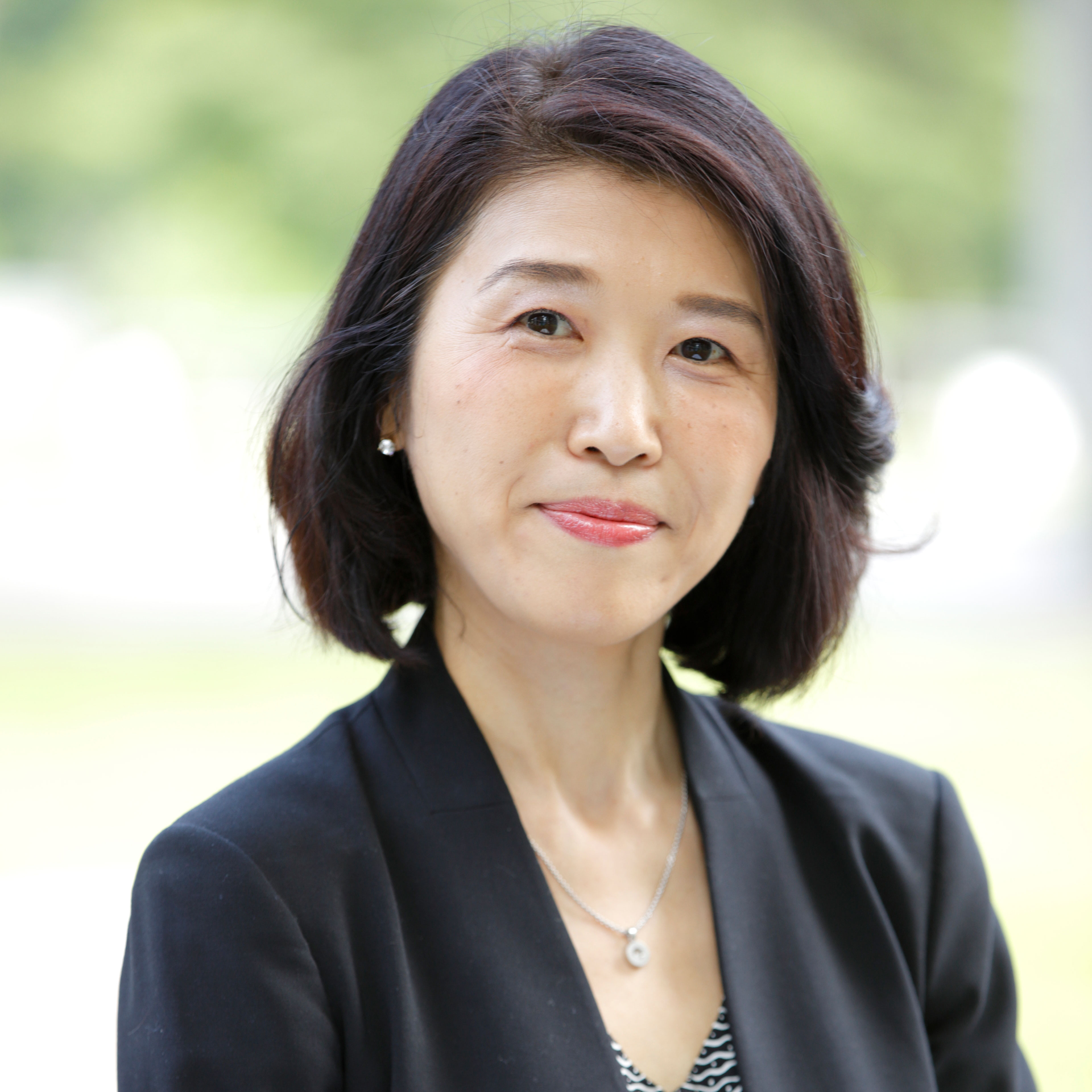Since Russia's military invasion of Ukraine on February 24, 2022, two potential nuclear risks have been recognized around the world. One is the risk of large-scale radioactive material release caused by an attack on nuclear facilities. After the invasion, Russia committed an outrageous act of attacking and occupying civilian nuclear facilities, which were prohibited by international humanitarian law and had been considered taboo. The other is the risk of the use of nuclear weapons. Since the beginning of the invasion, Russian President Vladimir Putin has not only repeated the unforgivable act of nuclear intimidation but is also trying to promote the deployment of tactical nuclear weapons in neighboring Belarus. Furthermore, Putin unilaterally announced the suspension of the implementation of the New Strategic Arms Reduction Treaty, which was concluded with the United States and is currently the only one in effect between these two countries.
Under these circumstances, the study group established by SPF made policy recommendations regarding the roles of international agencies and individual countries in ensuring the protection of nuclear facilities, as well as on issues Japan should address as the host country of this year’s G7 Summit. In August last year, the chair and research fellow in charge of our study group participated in the Review Conference of the Treaty on the Non-Proliferation of Nuclear Weapons (NPT) held in New York, and conducted research activities on the international situation surrounding nuclear weapons and the current state of nuclear disarmament.
In this symposium, nuclear experts from Japan and abroad will be invited to discuss the G7 Summit to be held in Hiroshima City, a city that suffered atomic bombings, and consider what the G7 should appeal for the protection of nuclear facilities in wartime, advance of nuclear disarmament and the role of Japan in this process. We look forward to your participation.
